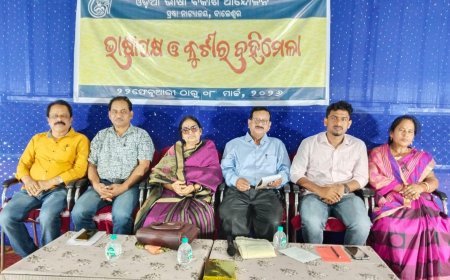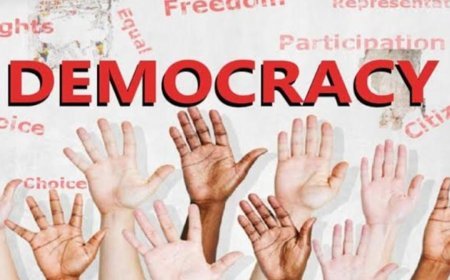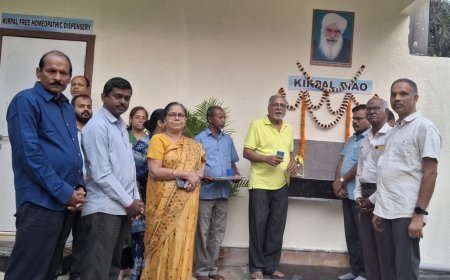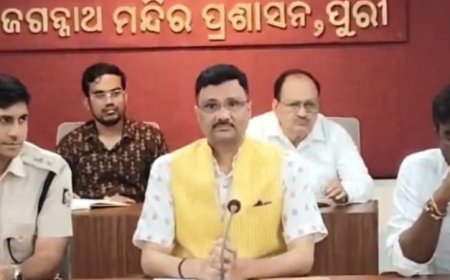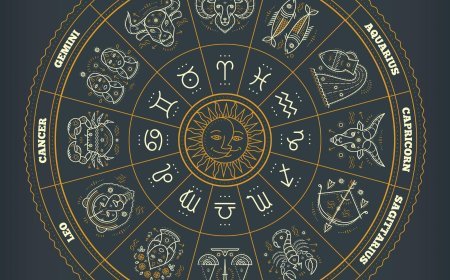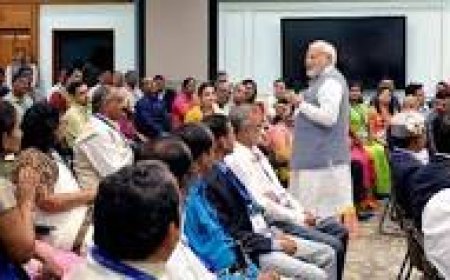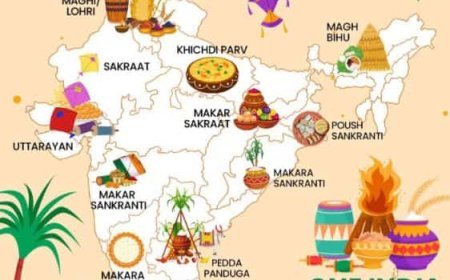A Nation Beyond Religion: Prioritizing Unity Over Division

India has long been a land where diverse faiths and traditions coexist, influencing and enriching one another. Our cultural and artistic heritage is filled with examples of individuals who have risen above religious boundaries to contribute to the nation’s artistic, musical, and literary legacy. However, in stark contrast, religion is frequently used as a tool for political manipulation and societal division. Under such circumstances, I dream of a nation where people prioritize their motherland over religious differences.
Artists Who Transcended Religion
Music, an art form that touches the soul, has never been confined by religious identities. Ustad Bismillah Khan, a devout Muslim and a legendary shehnai maestro, had an unbreakable bond with the Hindu temples of Varanasi, where his family carried the tradition of performing temple music. Despite his religious background, he was a devotee of Goddess Saraswati, the Hindu goddess of knowledge and art. Similarly, Ustad Amjad Ali Khan, one of India’s most celebrated sarod players, has openly expressed his reverence for Goddess Saraswati. His devotion to his art has always transcended religious divides, proving that music is a universal language that unites rather than divides.
Bollywood, too, has witnessed this unity. The soulful bhajan "Oh Palan Hare", composed by A.R. Rahman, written by Javed Akhtar, and picturized on Aamir Khan in the movie Lagaan, is a testament to how faith and devotion in art are beyond religious labels. Rahim and Rukshan, both non-Hindus, have beautifully penned songs dedicated to Lord Krishna, reinforcing the idea that devotion is a personal experience, not a matter of religious orthodoxy. Similarly, the classic bhajan "Man Tadpat Hari Darshan Ko Aaj", sung by Mohammed Rafi, written by Shakeel Badayuni, and composed by Naushad Ali, showcases how Muslim artists have contributed to Hindu devotional music with sincerity and love. For these artists, religion was never a barrier; their loyalty was to their craft, their art, and ultimately, their nation.
Literature and television have also reflected this spirit of unity. The epic television serial Mahabharat, which brought the timeless tale of the Kurukshetra war and its moral dilemmas into Indian homes, was scripted by Rahi Masoom Raza, a renowned Muslim writer. His deep understanding of Hindu philosophy and storytelling showcased how art and knowledge transcend religious boundaries, uniting people in shared cultural heritage rather than dividing them.
Religion in Politics: A Tool for Division
While artists and intellectuals have historically demonstrated unity and mutual respect, religion is often misused in politics and societal discourse. A recent incident in the Champions Trophy cricket tournament exposed this hypocrisy. Indian cricketer Mohammed Shami was criticized by a religious cleric for taking an energy drink during a match because it was the month of Ramzan. Instead of celebrating his commitment to his sport and his country, his actions were judged through a religious lens. Such instances reveal how religion is selectively invoked—sometimes ignored in the pursuit of excellence, but aggressively imposed when it suits political or ideological narratives. It is used to divide people rather than to bring them together.
A Dream for India: Nation Over Religion
In the face of these contradictions, I dream of an India where national identity is stronger than religious identity. A country where a person's contribution to society is valued over their faith. A nation where people do not judge an artist, a cricketer, or a scientist by their religion but by their talent, dedication, and patriotism.
Our history is filled with examples of unity—artists, musicians, writers, and athletes who never let religion dictate their passion. If they could rise above religious differences and work toward a common goal, why can’t we? It is time for India to move beyond religious divisions and focus on what truly matters—nation-building, progress, and unity. If we, as citizens, prioritize our country over religious biases, we can create a society where faith is a personal choice, but national identity is our collective strength.
Sanjay Pattnayak
Sundargarh








